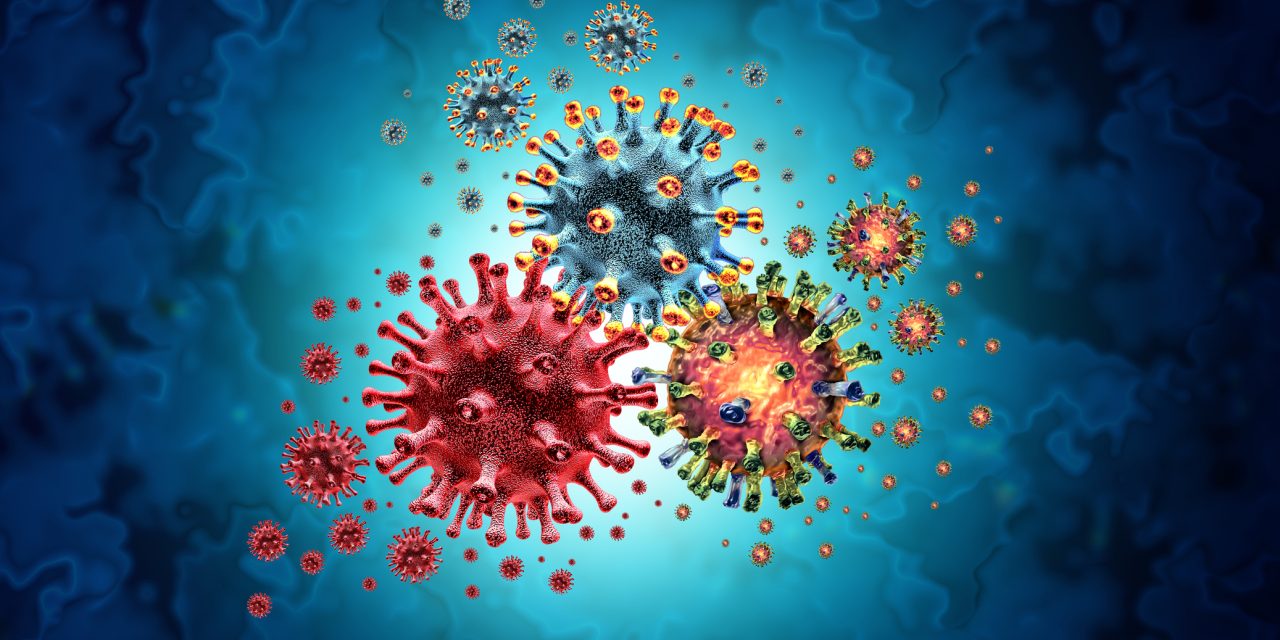Immune dysregulation, known as hemophagocytic lymphohistiocytosis (HLH), is a life-threatening illness. Primary genetic types of HLH, which can be induced by infection, are common in children. Others develop secondary HLH as a result of infection, cancer, or rheumatoid arthritis. The definitive treatment for primary illness is hematopoietic stem cell transplant; therefore, determining the exact cause of HLH is critical. Although molecular epidemiological data is a dearth, adenoviruses have been linked to HLH. Researchers described the clinical and virologic characteristics of 5 children who acquired HLH or HLH-like after being admitted with adenovirus infection in 2018–2019. Comprehensive virologic tests were carried out, including viral isolation and molecular typing. All of the patients made a full recovery, thanks to a combination of immunomodulating and antiviral therapy. There was no evidence of hereditary susceptibility to HLH in any of the patients. 4/5 instances yielded adenovirus isolates, all of which were identified as genomic variations 7d. In the sixth case, adenovirus type 7 DNA was discovered. Phylogenetic analysis of genome sequences revealed 2 clusters: one linked to strains linked to outbreaks in Pennsylvania and New Jersey in 2016–2017, and the other to a 2009 Chinese strain. It’s difficult to tell if HLH is caused only by an infectious pathogen or by a genetic predisposition activated by infection. The researchers described 5 children from the same facility who had an HLH-like illness after contracting adenovirus type 7. There was no evidence of hereditary susceptibility to HLH in any of the patients. These findings imply that HLH can be caused only by adenovirus 7 infection.
Link:academic.oup.com/cid/article-abstract/73/7/e1532/5899790?redirectedFrom=fulltext


